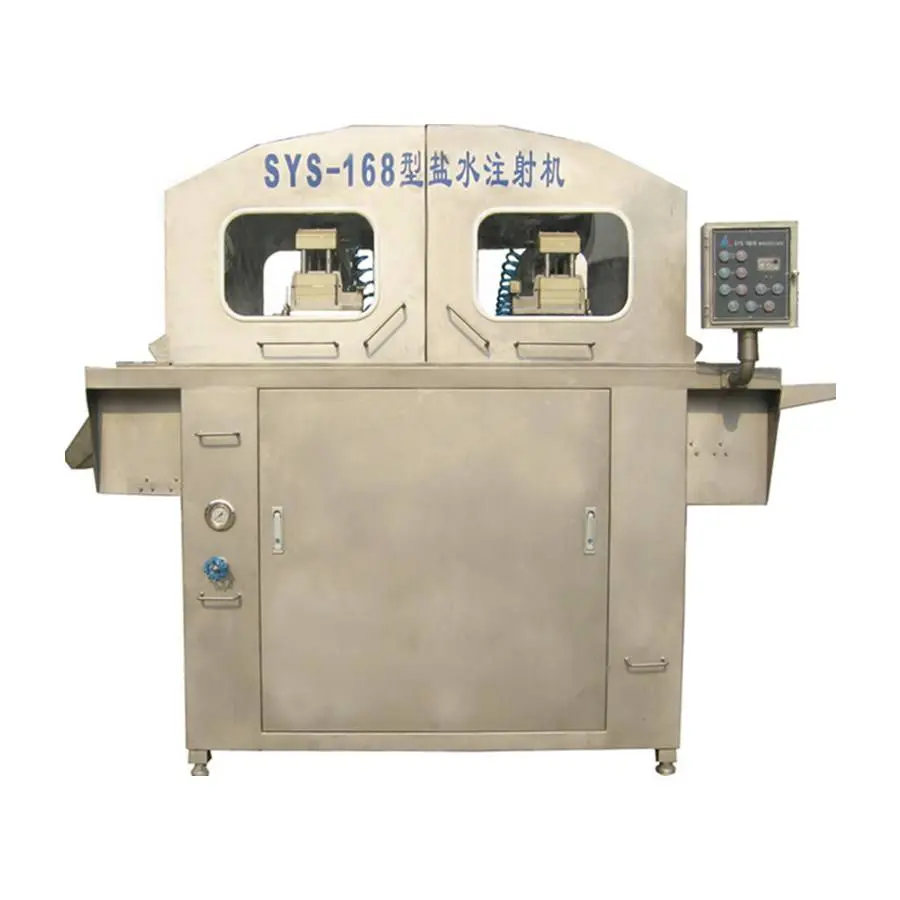
Aug . 12, 2024 15:56 Back to list
Efficient Large Scale Vacuum Filling Machines for Wholesale Production in Various Industries
The Rise of Wholesale Vacuum Filling Machines in the Food Industry
The food processing industry has seen remarkable innovations over the past few decades, with technology playing a critical role in enhancing production efficiency and quality. Among these innovations, the wholesale vacuum filling machine has emerged as a vital piece of equipment, revolutionizing the way food products are manufactured and packaged. This article delves into the features, advantages, and applications of wholesale vacuum filling machines, shedding light on their significance in the food sector.
What are Vacuum Filling Machines?
At its core, a vacuum filling machine is designed to fill containers or casings with products in a controlled and efficient manner. This technology operates under vacuum conditions, which means that air is removed from the filling chamber before the product is dispensed. This process minimizes air pockets in the filled product, ensuring a denser and more stable packing, which is particularly crucial for products like sausages, meats, and other semi-liquid or paste-like items.
Key Features and Advantages
1. Enhanced Product Quality One of the primary benefits of using vacuum filling machines is the improvement in product quality. By minimizing oxidation and bacterial growth through vacuum sealing, the shelf life of food products is significantly extended. This is essential for maintaining freshness and flavor, particularly in perishable items.
2. Precision and Consistency These machines are designed for accuracy, ensuring that each container is filled to the exact required measurement. This consistency not only improves product quality but also facilitates better inventory management and cost control for manufacturers.
3. Versatility Wholesale vacuum filling machines are adaptable and can handle a variety of products, from liquids to pastes. This versatility makes them an ideal choice for different segments of the food industry, including meat processing, dairy production, and even the filling of sauces and spreads.
wholesale vacuum filling machine

4. Reduced Labor Costs Automating the filling process reduces the need for manual labor, allowing companies to streamline operations. This efficiency not only cuts down on labor costs but also reduces the risk of human error during the filling process.
5. Improved Hygiene and Safety The vacuum environment helps to maintain a clean filling process, which is crucial for food safety. Many modern machines are designed with easy-to-clean components and materials, adhering to stringent hygiene standards essential in food production.
Applications in the Food Industry
The applications of wholesale vacuum filling machines are vast. In the meat industry, they are commonly used for filling sausage casings, allowing for uniformity in thickness and density. In the dairy sector, these machines are utilized for filling tubs with cream cheese or yogurt. Additionally, vacuum filling technology is becoming increasingly popular for packaging ready-to-eat meals, where maintaining freshness is paramount.
Moreover, the demand for processed foods is on the rise, further propelling the need for efficient filling solutions. As consumers seek convenience without compromising quality, manufacturers are increasingly turning to vacuum filling machines to meet this demand.
Conclusion
In conclusion, the wholesale vacuum filling machine represents a significant advancement in food processing technology. By enhancing product quality, ensuring consistency, and improving operational efficiency, these machines are invaluable to the modern food industry. As the market continues to evolve and consumer preferences shift, the role of vacuum filling technology is set to expand further, solidifying its place as an essential tool in food manufacturing. Investing in such cutting-edge machinery not only addresses current production needs but also positions businesses for future growth in a competitive landscape.